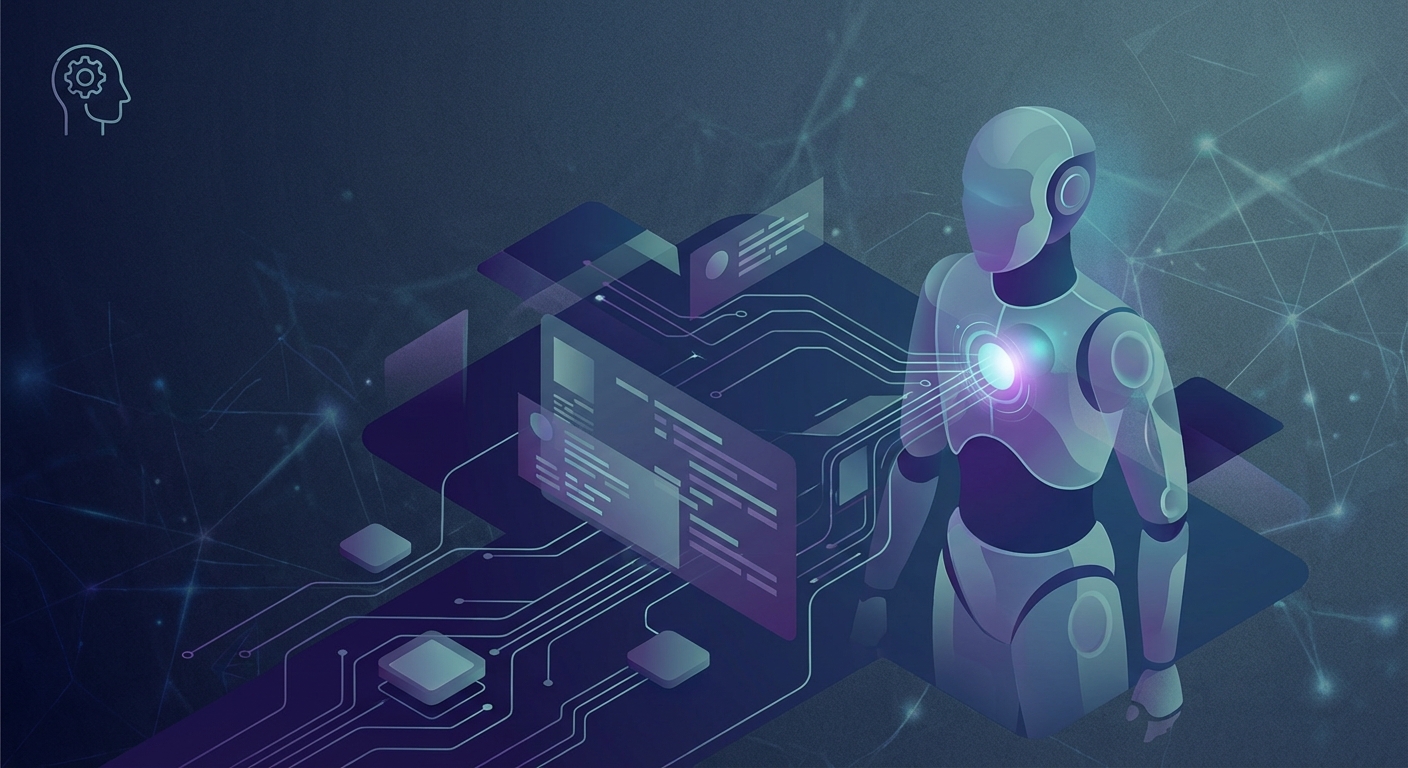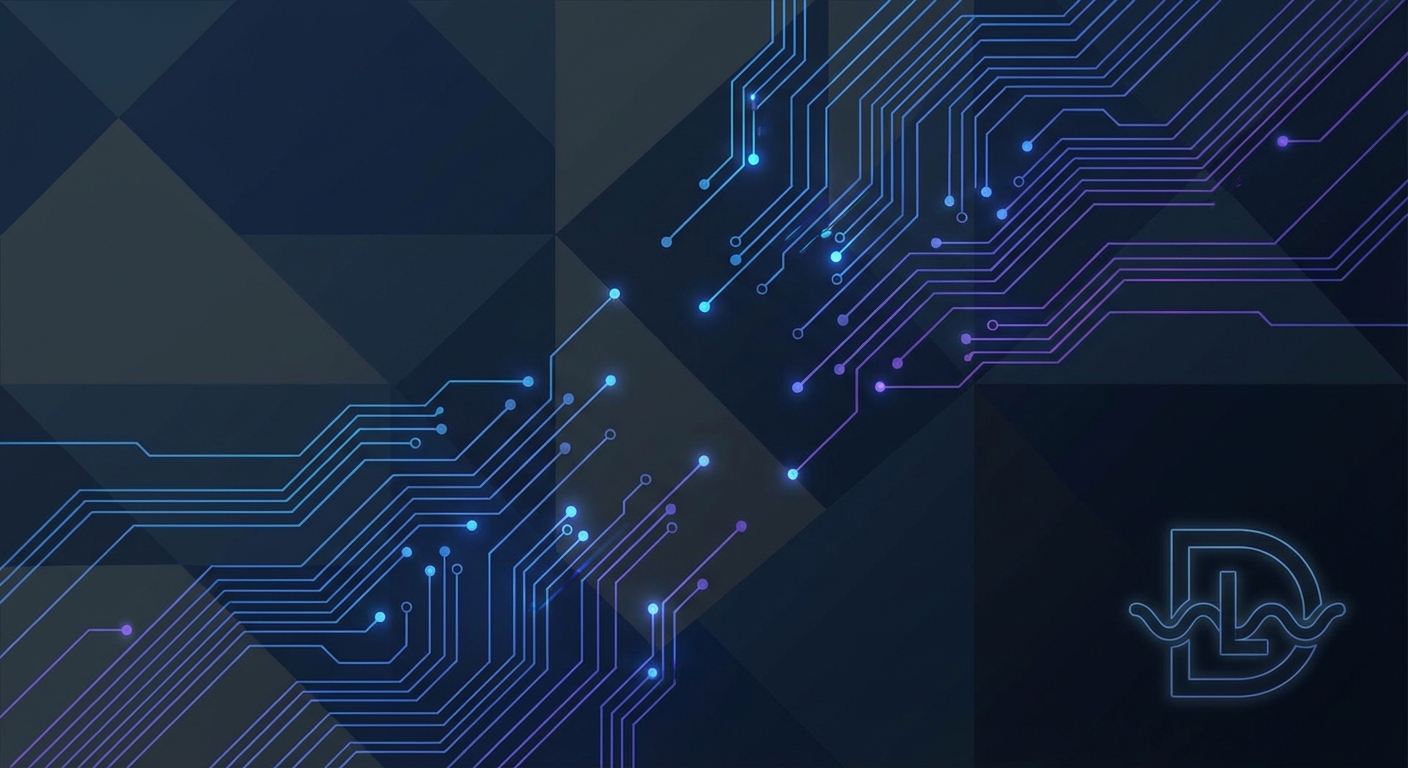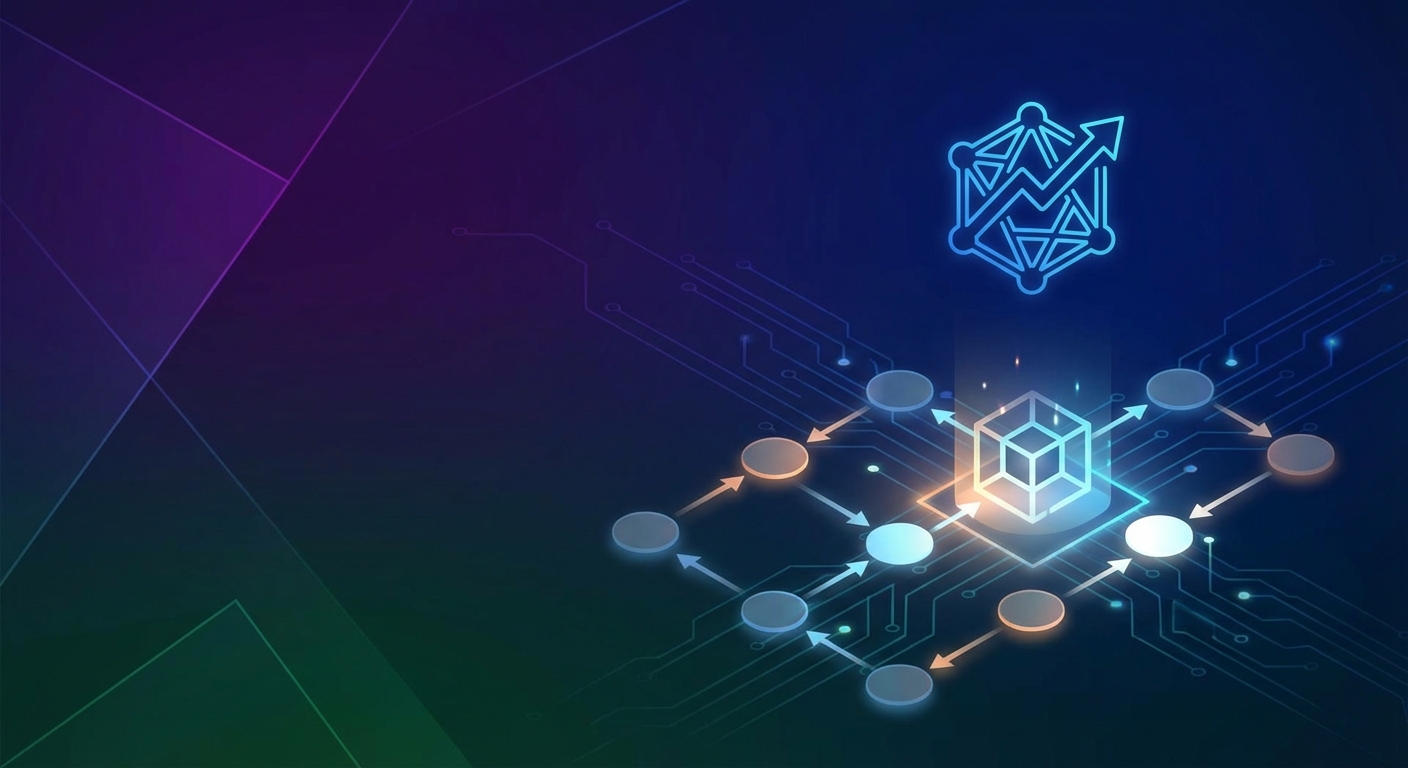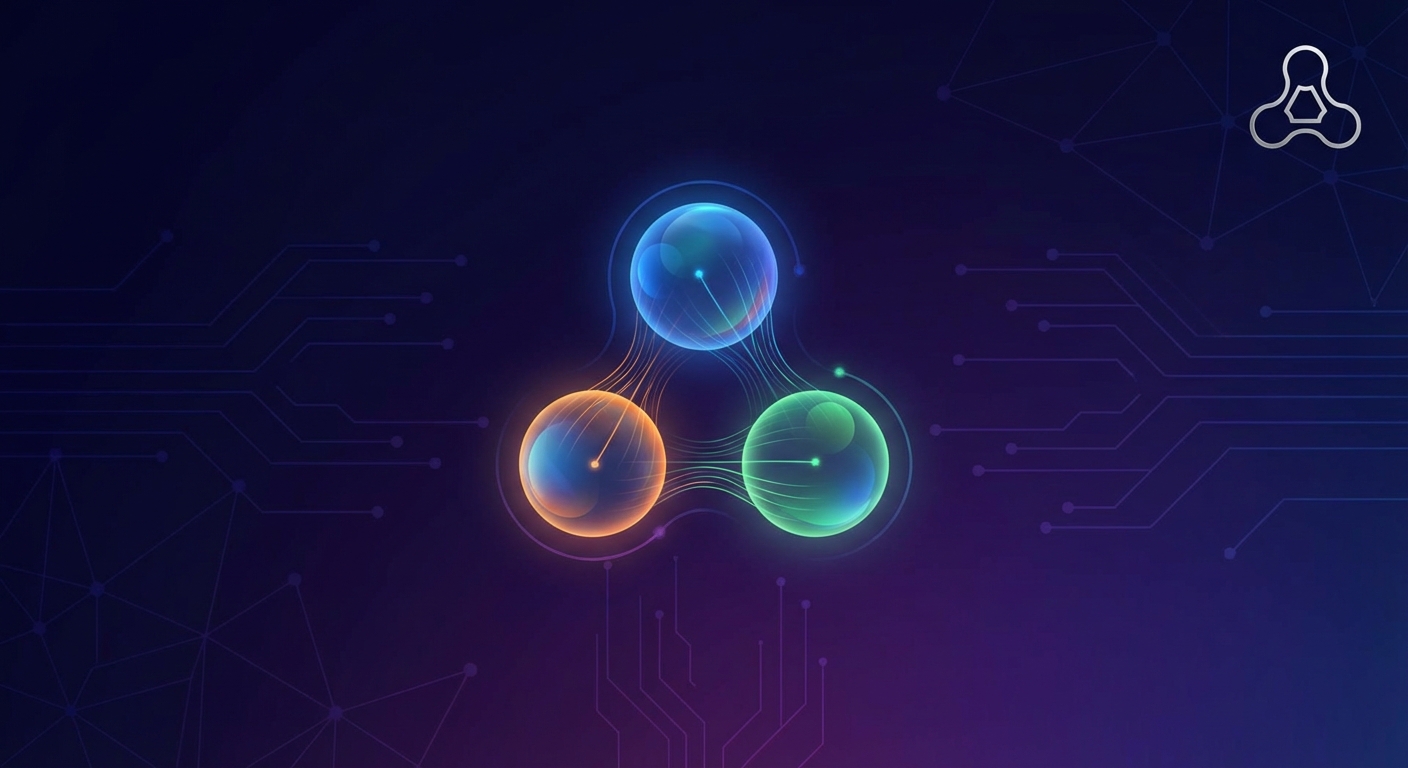Differential Privacy for AI Agents: Balancing Innovation with Data Security
TL;DR
- This article explores the vital role of differential privacy in AI agent development, deployment, and management. It covers how to implement differential privacy to safeguard sensitive data while ensuring the utility of AI agents across various enterprise applications. The article also addresses compliance, ethical considerations, and practical implementation strategies for AI solutions.
Understanding Differential Privacy: A Primer for AI Agents
Data privacy is paramount, especially when ai agents handle sensitive information. But how can we ensure privacy while still leveraging the power of ai? Differential privacy (DP) offers a solution. It's a rigorous mathematical approach that protects individual data while allowing useful insights to be extracted. (Differential Privacy: A Primer - Rogue Scholar)
Differential privacy adds carefully calibrated noise to datasets. This noise obscures individual data points. The goal is to prevent the identification of specific individuals.
- It ensures that an ai agent's behavior doesn't drastically change whether an individual's data is included or not. (Keeping AI agents under control doesn't seem very hard)
- DP is defined by privacy loss parameters, often denoted as ε (epsilon) and δ (delta).
- A smaller ε means stronger privacy, but can also reduce data utility. For instance, if we're trying to calculate the average age of users, a very low epsilon might add so much noise that the calculated average is wildly inaccurate, making it less useful for decision-making. Conversely, a higher epsilon allows for more accurate results but offers less protection. Delta (δ) represents the probability that the epsilon guarantee might be violated. A very small delta means it's highly unlikely the privacy guarantee will be broken. Choosing these parameters is a trade-off between the level of privacy desired and the accuracy of the insights we can gain.
AI models often require vast amounts of data to train effectively. This data can be sensitive. DP is essential for protecting this data.
- It safeguards sensitive training data used to build ai models.
- DP prevents unintentional data leakage from ai models, ensuring compliance with regulations like GDPR and CCPA.
- As Harvard's Privacy Tools Project highlights, differential privacy enables sharing research data in a wide variety of settings.
Several key concepts underpin the application of differential privacy. Understanding these is crucial for implementation.
- Sensitivity measures how much a single record's change affects the output of a query or function. For example, if we're calculating the sum of incomes in a dataset, and one person's income changes, the sensitivity is that single income value. If we're calculating the average income, the sensitivity is the income value divided by the number of records. Higher sensitivity means more noise needs to be added to protect privacy.
- A privacy budget limits the total privacy loss across multiple queries. Think of it like a bank account for privacy; each query or analysis "spends" some of that budget. Once the budget is depleted, no more queries can be made without risking privacy.
- Common mechanisms for achieving DP include adding Laplace, Gaussian, or Exponential noise.
Understanding these core concepts is vital because they directly influence how much noise is added and how privacy is managed. This sets the stage for why DP is so important for ai agents, which we'll explore next.
Integrating Differential Privacy into AI Agent Development
Integrating differential privacy (DP) into ai agent development is a game-changer, but where do you even begin? Let's explore how to weave this powerful privacy method into your ai development lifecycle, and why it's so critical for building trustworthy ai.
Implementing DP starts with carefully preprocessing your data. This involves applying DP techniques during data extraction and cleaning.
- Consider using data synthesis to generate synthetic datasets that mimic the original data's statistical properties while preserving privacy. This means creating entirely new data that looks and behaves like the real data but doesn't contain any actual individual information.
- It's a balancing act: stronger privacy (lower epsilon values) often means reduced data utility and potentially lower ai agent performance.
Next, we need to think about model training. Techniques like differentially private stochastic gradient descent (DPSGD) modify the training process to ensure privacy.
- DPSGD adds noise to the gradients during training, preventing models from memorizing individual data points. This means that even if an ai agent has seen a specific person's data, it won't be able to recall or reveal that exact information later.
- The privacy amplification through sampling is another tactic. It reduces the overall privacy loss when only a subset of the data is used in each training iteration. Essentially, by randomly sampling data for each training step, the impact of any single data point is diluted across many samples, making it harder to isolate its influence and thus amplifying the privacy protection.
Even after training, DP requires careful management during deployment. It's crucial to monitor privacy budget consumption to ensure you don't exceed acceptable limits.
- Regular audits can help verify compliance with privacy policies and regulations.
- Organizations should proactively manage potential privacy risks.
Striking the right balance between privacy and data utility remains a central challenge. As IAB Tech Lab's Differential Privacy Guide points out, core digital advertising functions often rely on individual-level data, creating inherent tension with privacy goals.
Differential privacy offers a promising path toward building ai agents that respect user privacy without sacrificing performance.
AI Agent Security and Governance with Differential Privacy
AI agents are revolutionizing industries, but with great power comes great responsibility, especially concerning data. How can we ensure these agents operate securely and ethically, respecting individual privacy? Differential privacy (DP) offers a robust solution.
Integrating Identity and Access Management (IAM) with DP is crucial. It ensures only authorized ai agents access data.
- IAM systems can enforce access control policies that align with privacy budgets. This means controlling which agents can query sensitive data and how much privacy loss each query incurs. For example, an IAM policy might restrict a marketing ai agent from accessing detailed customer transaction history, allowing it only to query aggregated demographic data within a defined privacy budget.
- Secure data sharing between ai agents becomes possible. For instance, in healthcare, different ai agents handling patient records can share anonymized data while respecting privacy constraints. In finance, ai agents can share data to detect fraud while adhering to strict privacy rules. An audit trail for this would log which agent requested data, what data was accessed, the privacy budget consumed by the query, and the timestamp.
Compliance with privacy regulations is a critical aspect of ai governance. DP mechanisms must be auditable to ensure adherence to these regulations.
- Audit trails should track how DP is applied to ai agent operations. This includes logging privacy budget consumption, any modifications to DP parameters (like epsilon and delta), and the specific DP mechanisms used for each operation. For example, an audit log might show that an ai agent performed a query using the Gaussian mechanism with epsilon=1 and delta=1e-5, consuming 0.5 units of its privacy budget.
- Regular security assessments and vulnerability management are essential. These are especially important for identifying weaknesses in DP implementations.
While DP protects privacy, it doesn't automatically guarantee ethical ai. We must address potential biases in differentially private ai models.
- Even with DP, ai models can perpetuate or amplify existing biases. Careful attention is needed to ensure fairness across different demographic groups.
- Transparency and explainability in DP implementations are needed. This helps ensure responsible ai governance frameworks.
As we strive for ethical ai, transparency and explainability are essential.
Practical Applications and Case Studies
Differential privacy (DP) is finding its way into real-world applications, moving beyond theoretical discussions. But how does this mathematical concept translate into tangible benefits for businesses and consumers? Let's explore some practical examples.
DP can protect customer data in chatbots. It allows sentiment analysis without revealing individual opinions.
- For example, e-commerce platforms use DP to analyze customer support interactions, identifying common issues without exposing the details of any single conversation. This helps businesses improve their services based on general feedback, not on what specific individuals said.
- DP also enables personalized recommendations. Ai agents can suggest products based on aggregated preferences, ensuring no single user's purchase history is exposed. Consumers benefit from relevant suggestions without feeling their browsing or buying habits are being overly scrutinized.
The healthcare industry is highly regulated, making data privacy paramount. DP enables predictive analytics while adhering to regulations like HIPAA.
- DP can be used for medical record analysis. Ai agents can predict patient outcomes based on anonymized data, improving treatment plans without compromising confidentiality. Patients benefit from better-informed medical decisions without their personal health information being directly revealed.
- A hospital might use DP to analyze trends in patient readmission rates, identifying factors that contribute to these trends while protecting individual patient records. This leads to systemic improvements in care that benefit all patients.
Financial institutions can leverage DP for fraud detection. This allows the analysis of financial transactions while safeguarding user data.
- DP can help detect fraudulent activities. Ai agents analyze transaction patterns, flagging suspicious behavior without exposing individual account details. Consumers are protected from fraud, and their financial privacy is maintained.
- By adding noise to financial data, banks can identify unusual spending patterns that may indicate fraud, balancing security with privacy. The "Report Aggregated Findings" means that instead of seeing a specific fraudulent transaction, the system reports a general increase in suspicious activity within a certain region or time frame, allowing for targeted investigation without revealing individual transaction specifics.
As differential privacy continues to evolve, understanding its practical applications becomes essential.
Overcoming Challenges and Future Trends
Differential privacy faces hurdles despite its promise. Balancing privacy with data utility is an ongoing challenge. What future trends can help to overcome it?
Advanced mechanisms improve data utility. Researchers are developing new ways to add noise that preserve more of the original data's accuracy. For example, some techniques aim to add noise in a way that is less disruptive to statistical properties, leading to more reliable insights even with strong privacy guarantees.
Optimize privacy budget allocation for better results. Instead of a one-size-fits-all approach, future trends involve smarter ways to distribute the privacy budget across different analyses, ensuring that the most important insights can be derived without overspending privacy.
Federated learning offers a privacy-preserving alternative. This approach trains models on decentralized data sources (like user devices) without the data ever leaving those sources. DP can be applied to the model updates shared between devices, further enhancing privacy.
Emerging research explores new DP techniques. This includes exploring different mathematical frameworks for privacy, such as those that offer stronger guarantees or are more adaptable to complex ai models.
Standardization and regulatory developments create a clear framework. As DP becomes more widespread, clear industry standards and updated regulations will provide guidance and build trust.
DP plays a key role in responsible AI, ensuring ethical use. By embedding privacy protections from the ground up, DP helps foster a culture of responsible ai development and deployment.
Differential privacy will help promote responsible AI.





